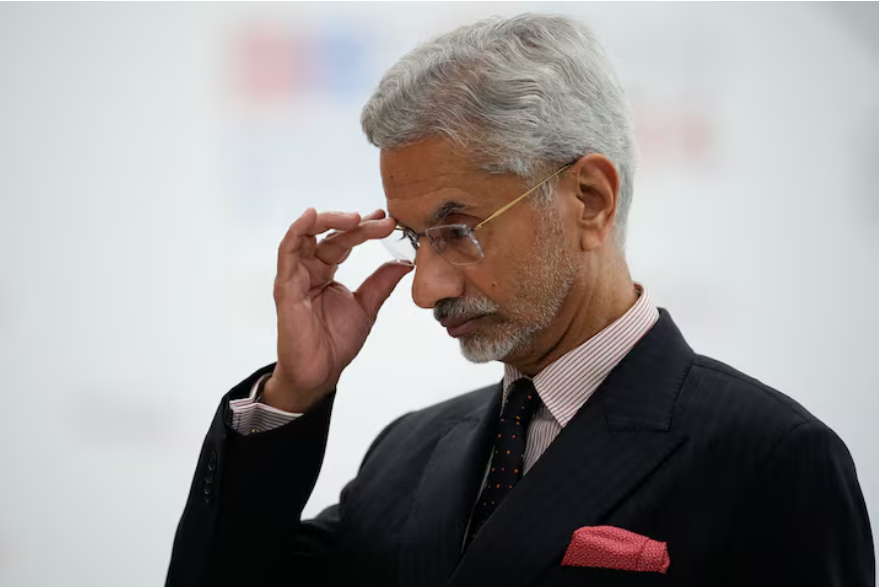Top news of India

President Murmu Appoints New Governors and Lieutenant Governor – July 14, 2025

On July 14, 2025, President Droupadi Murmu appointed new Governors for the states of Haryana and Goa, and a new Lieutenant Governor for Ladakh, marking a significant reshuffle in key constitutional positions. Professor Ashim Kumar Ghosh, a former BJP leader from West Bengal known for his academic and ideological background, was appointed as the Governor of Haryana, succeeding Bandaru Dattatreya. In Goa, veteran Telugu Desam Party (TDP) leader and former Union Civil Aviation Minister Pusapati Ashok Gajapathi Raju was appointed Governor, replacing P. S. Sreedharan Pillai. Additionally, Kavinder Gupta, a senior BJP leader and former Deputy Chief Minister of Jammu and Kashmir, was named the new Lieutenant Governor of Ladakh. He takes over from Brigadier (Retd.) B. D. Mishra, whose resignation was accepted by the President. These appointments reflect the central government’s ongoing efforts to place experienced and trusted leaders in strategic administrative roles across the country.
Professor Ashim Kumar Ghosh has been appointed as the Governor of Haryana.
He is a former BJP leader from West Bengal and known for his academic background and ideological contributions. He replaces Bandaru Dattatreya.Pusapati Ashok Gajapathi Raju has been named the Governor of Goa.
He is a senior leader of the Telugu Desam Party (TDP) and has previously served as Union Civil Aviation Minister. He succeeds P. S. Sreedharan Pillai.Kavinder Gupta, a former Deputy Chief Minister of Jammu & Kashmir, has been appointed as the Lieutenant Governor of Ladakh.
He takes over from Brigadier (Retd.) B. D. Mishra, who recently resigned from the position. Gupta is also a former Speaker of the J&K Legislative Assembly and ex-Mayor of Jammu.
Resolving border friction key for mutual trust, India foreign minister tells China

On July 14, 2025, during his first visit to China since the 2020 Galwan clash, Indian External Affairs Minister S. Jaishankar met with Chinese Foreign Minister Wang Yi ahead of the Shanghai Cooperation Organisation (SCO) foreign ministers’ meeting. In a firm diplomatic message, Jaishankar underscored that resolving friction along the India‑China border and maintaining tranquility are fundamental prerequisites for strategic mutual trust and stable bilateral ties. He noted that over the past nine months, both countries had made “good progress” toward normalising their relations—a result he attributed to successful de-escalation and resumed dialogue along the Line of Actual Control.
Jaishankar further emphasized the importance of avoiding restrictive trade measures or roadblocks, which could impede mutually beneficial cooperation and people-to-people exchanges. He stressed that differences should not become disputes—and competition should not become conflict, advocating for mutual respect, sensitivity, and interest as guiding principles for the relationship
